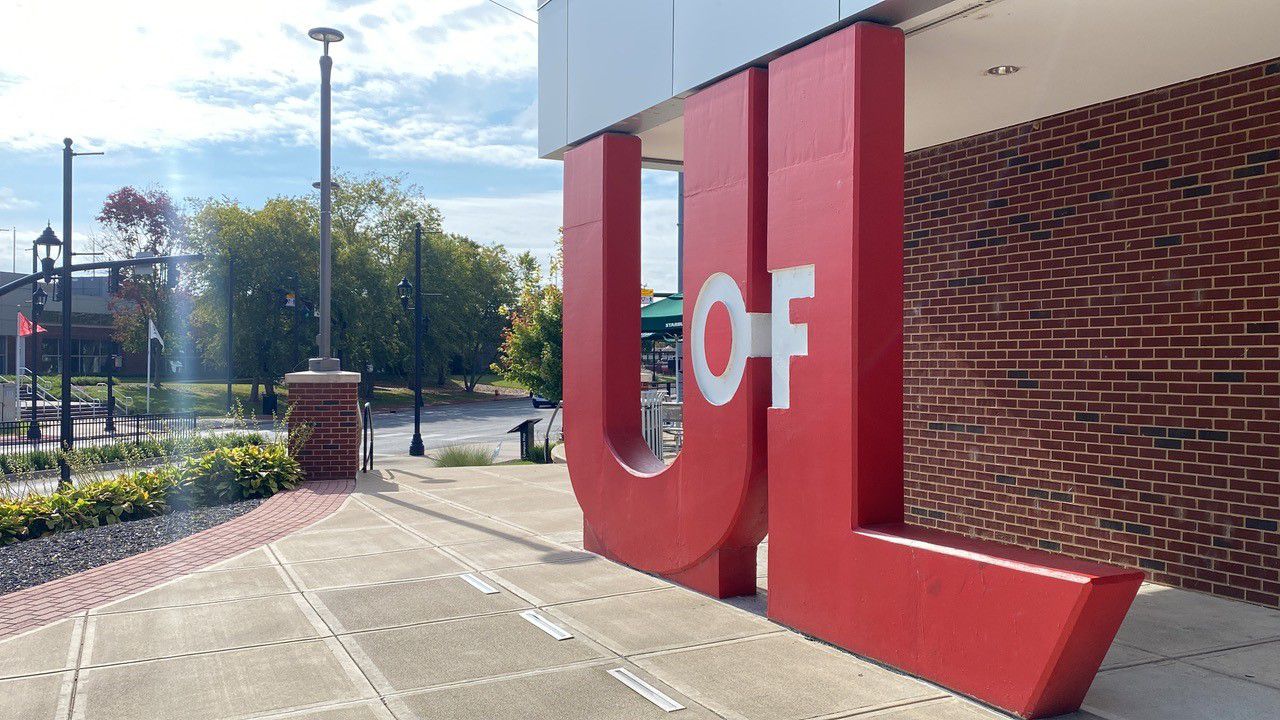LOUISVILLE, Ky. — The University of Louisville on Monday was awarded two grants from the Humana Foundation for its School of Medicine. The grants aim to address heart health in the Black community, according to a press release.
What You Need To Know
- UofL's School of Medicine has received two grants totaling over $1.1 million to address heart health disparities in the Black community
- The larger of the two grants will support cardiac disease screening and nutrition-based interventions to address cardiac health disparities among older Black adults in Louisville.
- The Humana Foundation awarded the grants, which will also support dietary interventions in the community
The grants contribute to UofL’s goal of addressing health inequity and serve as part of The Humana Foundation’s strategy to eliminate unjust and unnecessary barriers in health care.
“UofL continues to appreciate the support of The Humana Foundation in addressing health equity,” President Kim Schatzel said in a press release. “Their generous support will enable us to conduct the important work of engaging with communities of color to research the role of nutrition, food quality and diagnostic screening as they relate to heart health.”
The larger of the two grants is $1,037,000 and will support the DISPARITY Trial (Dietary Intervention for primary and Secondary Prevention And Plaque Regression Investigated with Computed TomographY). The grant will support cardiac disease screening and nutrition-based interventions to address cardiac health disparities among older Black adults in Louisville.
The second grant of $154,000 is earmarked for the H.E.A.R.T. of Louisville Project: Helping Everyone Address Risk Today. The funding will support the identification of members of the Black community in Louisville at-risk for coronary disease and enrollment into long-term nutrition and lifestyle interventions.
“Every day, people face a multitude of choices that can affect their health and quality of life,” said Tiffany Benjamin, CEO of the Humana Foundation. “In too many communities, these choices are limited by factors beyond their control. That is why we are expanding healthy choices for communities and eliminating social and structural barriers, so that more people can reach their full health potential.”
Each of the three-year grants will fund regional nutrition programs—which is pertinent since food insecurity greatly relates to disparities in health care, according to cardiologist Kim Allan Williams Sr.
“Nutrition education and food quality issues plague our African-American community, keeping heart disease as the leading killer of Americans," said Williams Sr., who is also chair of the school's department of medicine. "Our trials will help detect disease in those who are at risk and manage those already diagnosed using lifestyle changes, medication, enhanced access to cardiac care and advanced diagnostic imaging.”
The programs funded by both grants will include efforts to create healthy emotional connections, as a vital part of a holistic approach to care and shaping a healthier approach to nutrition to support lifelong health and wellbeing.



